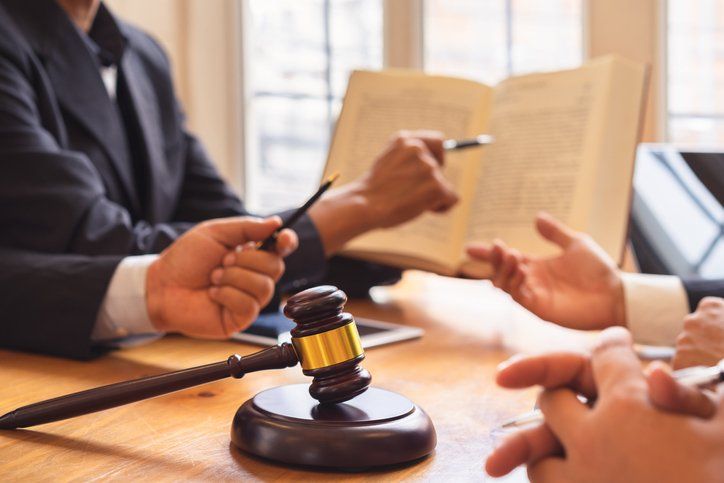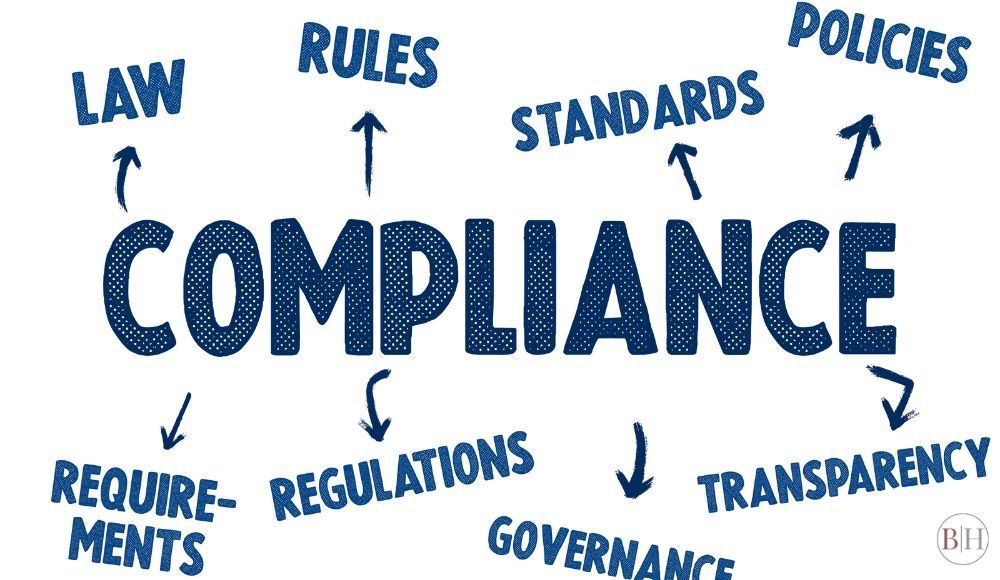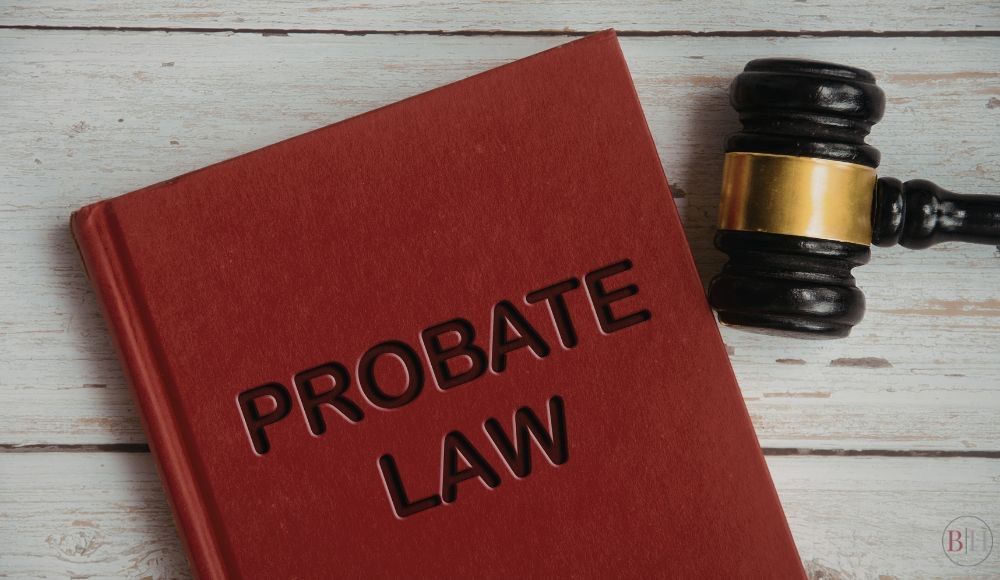A Civil Law Attorney Can Help Determine Your Best Course of Action
Civil litigation may occur when parties – individuals, businesses, and other entities - have a dispute. Civil law consists of non-criminal cases. Typically, civil cases end with some form of monetary compensation.
There are many types of cases that fall under the civil litigation umbrella: contract and property disputes, torts, complaints against municipalities, workers’ compensation disputes, special education, etc.
If possible, the
Civil Litigation Attorneys
at Bingaman Hess will maximize your recovery and reduce your expenses by attempting to settle disputes out of court. However, if a trial is necessary, the Civil Litigation Attorneys at Bingaman Hess will skillfully navigate the judicial proceedings and attempt to achieve a favorable outcome for you.
Civil litigation typically follows several phases: investigation, pleadings, discovery, and trial. If a party is dissatisfied with a final ruling, further redress may be sought via an appeal. The Civil Litigation Attorneys at Bingaman Hess are experienced in appellate matters should an appeal be necessary.
Investigation
The initial step in many civil litigation cases is an investigation of the relevant case facts. During the investigation, it is sometimes necessary to interview clients, gather and review relevant documents, locate witnesses, take witness statements, etc.
The investigation can serve many purposes. It helps the attorney determine if a plaintiff has adequate evidence to file a lawsuit, or if a defendant has evidence to properly defend a case. It also helps gather information for the case moving forward.
Pleadings
In most civil cases, an attorney will file a variety of pleadings and motions on behalf of his or her clients to prosecute or defend a lawsuit.
A plaintiff’s attorney will initiate the lawsuit by filing a complaint. The complaint explains in detail the plaintiff’s claims against a defendant and describes the harm that the plaintiff alleges the defendant caused. It also sets forth the legal basis for the plaintiff’s claims.
After investigating the allegations in the complaint, a defendant’s attorney will normally draft an answer. The answer sets forth the defendant’s side of the dispute.
Sometimes, before the answer is filed, the defendant’s attorney may ask for clarifications or corrections to the complaint or even ask that the court dismiss part or all of the lawsuit via preliminary objections. When this occurs, the complaint may be revised, or it may be dismissed.
The defendant’s attorney may also file a counterclaim against the plaintiff, which alleges how the plaintiff harmed the defendant and should be held liable.
Discovery
During the discovery process, the attorneys exchange and process information related to the case. That information is used to identify strengths and weaknesses and to develop a strategy for trial.
Attorneys may use a variety of methods to gather information from the opposing side, such as interrogatories, depositions, requests for documents, and requests for admissions. They may also retain an expert to collect, process, and analyze physical evidence or to provide a medical opinion. The experts provide written reports to be used as evidence in the case and sometimes testify at trial.
During the discovery process, the attorneys may file additional motions. Those motions may request the court to exclude evidence or order a party to produce certain documents or other evidence.
Either party may also file a motion for summary judgment that requests the court to dismiss all or part of a party’s case. If summary judgment is granted in whole, not part, there is normally no trial—the judge grants judgment in favor of the moving party in such circumstances.
Trial
A civil trial can be a bench trial or a jury trial. If it is a jury trial, attorneys question potential jurors in a process called “voir dire.”
The trial begins with opening statements, during which each attorney outlines his or her case. After the opening remarks, the plaintiff presents evidence – in the form of documents, exhibits, and testimony – to support their claim. Then the defendant presents his or her evidence.
After each witness is questioned, the opposing attorney has the opportunity to cross-examine the witness. Sometimes, the plaintiff presents rebuttal evidence after the defendant presents their argument.
Once all evidence has been presented, both attorneys give closing arguments, and – if it is a jury trial - the court instructs the jury on the law that is to be applied to the evidence presented.
In a jury trial, the jury deliberates and reaches a verdict. In a bench trial, the judge delivers his or her findings with a verdict.
Appeal
If a party is dissatisfied with a final ruling, he or she can file an appeal and request that an appellate court reviews the decision of the trial court or jury. Each party presents their arguments to the appellate court by submitting briefs and a record of evidence from the trial court. If the appellate court does not find an error in the trial court proceedings, it will affirm the verdict. If it does find an error, the appellate court can order a new trial or take other steps like a reversal of the trial court’s decision.
Do You Need a Civil Litigation Attorney?
If you have a potential claim or have been sued, one of the experienced Civil Litigation Attorneys at Bingaman Hess can help determine your best course of action. They can provide professional advice and guide you through the complicated legal process – from the initial filing of a complaint to trial and appeal if necessary - to help ensure the best outcome. Please call Bingaman Hess to assist you with your legal needs at
610.374.8377 or
find us online .










